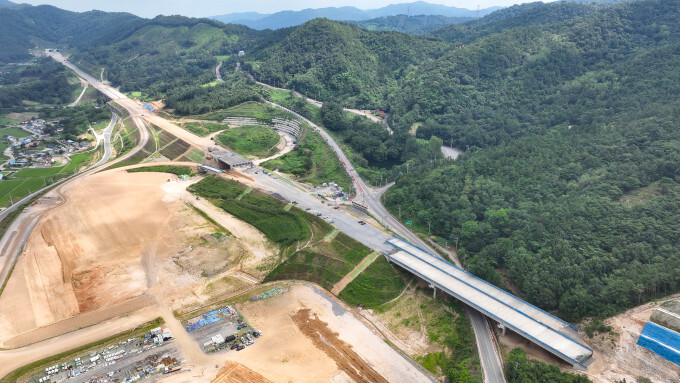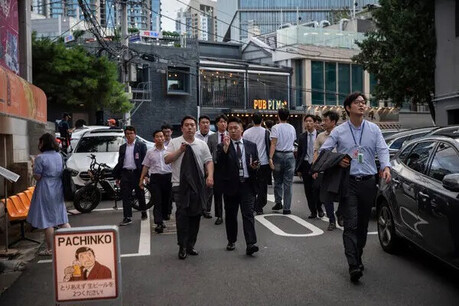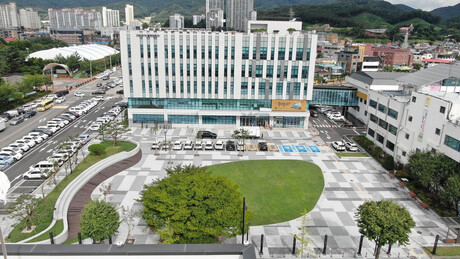
Taean-Anseong, SOUTH KOREA - The proposed Taean-Anseong Expressway, a significant private investment project first suggested in December of last year, is rapidly gaining momentum. This development follows the project's inclusion in the central government's 'Regional Investment Revitalization Plan' announced last month, and is further bolstered by the recent commissioning of a crucial feasibility study.
On March 26th, the Chungcheongnam-do provincial government confirmed that the Ministry of Land, Infrastructure and Transport has formally requested the Korea Development Institute (KDI) to conduct a feasibility assessment for the private investment in the Taean-Anseong Expressway. This study is a vital step, akin to a preliminary feasibility study for publicly funded projects, and its successful completion is necessary to advance the project to the next stage.
The feasibility study is expected to commence within 30 days, barring unforeseen circumstances, and is projected to take between nine and twelve months to complete.
Highlighting the project's importance, Governor Kim Tae-heum addressed local National Assembly members during a policy briefing in Seoul on March 25th. He emphasized the necessity of the Taean-Anseong Expressway and urged the lawmakers to collaborate in ensuring the successful passage of the feasibility study.
The ambitious project entails constructing a 94.6-kilometer expressway connecting Taean-eup to Anseong in Gyeonggi Province. The route will traverse five cities and counties within Chungcheongnam-do: Seosan, Yesan, Dangjin, Asan, and Cheonan. The total estimated cost of the project is 3.7 trillion won.
The provincial government anticipates that the completion of this expressway will provide a crucial transportation link to Taean, the only region within the province currently lacking direct expressway access, significantly improving its overall accessibility.
Furthermore, the new route is expected to create a comprehensive transportation network by connecting two provinces, seven municipalities, and six existing expressways, including the West Coast Expressway, Seosan-Yeongdeok Expressway, Western Inland Expressway, Dangjin-Cheonan Expressway, Gyeongbu Expressway, and Pyeongtaek-Jecheon Expressway. This enhanced connectivity promises to significantly improve transportation between the western coast and inland areas of Chungcheongnam-do and the greater Seoul metropolitan region.
Beyond improved connectivity, the Taean-Anseong Expressway is projected to yield several other significant benefits, including the creation of a 'Bay Valley Circular Expressway', enhanced connections to key regional hubs such as Taean Enterprise City, Seosan Airport, Naepo New Town, and the Cheonan Future Mobility National Industrial Complex. The project is also expected to stimulate industrial synergy, promote balanced regional development, and revitalize tourism along the west coast.
This development marks a significant step forward for the Taean-Anseong Expressway project, bringing the long-awaited infrastructure improvement closer to realization.
[Copyright (c) Global Economic Times. All Rights Reserved.]





























